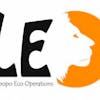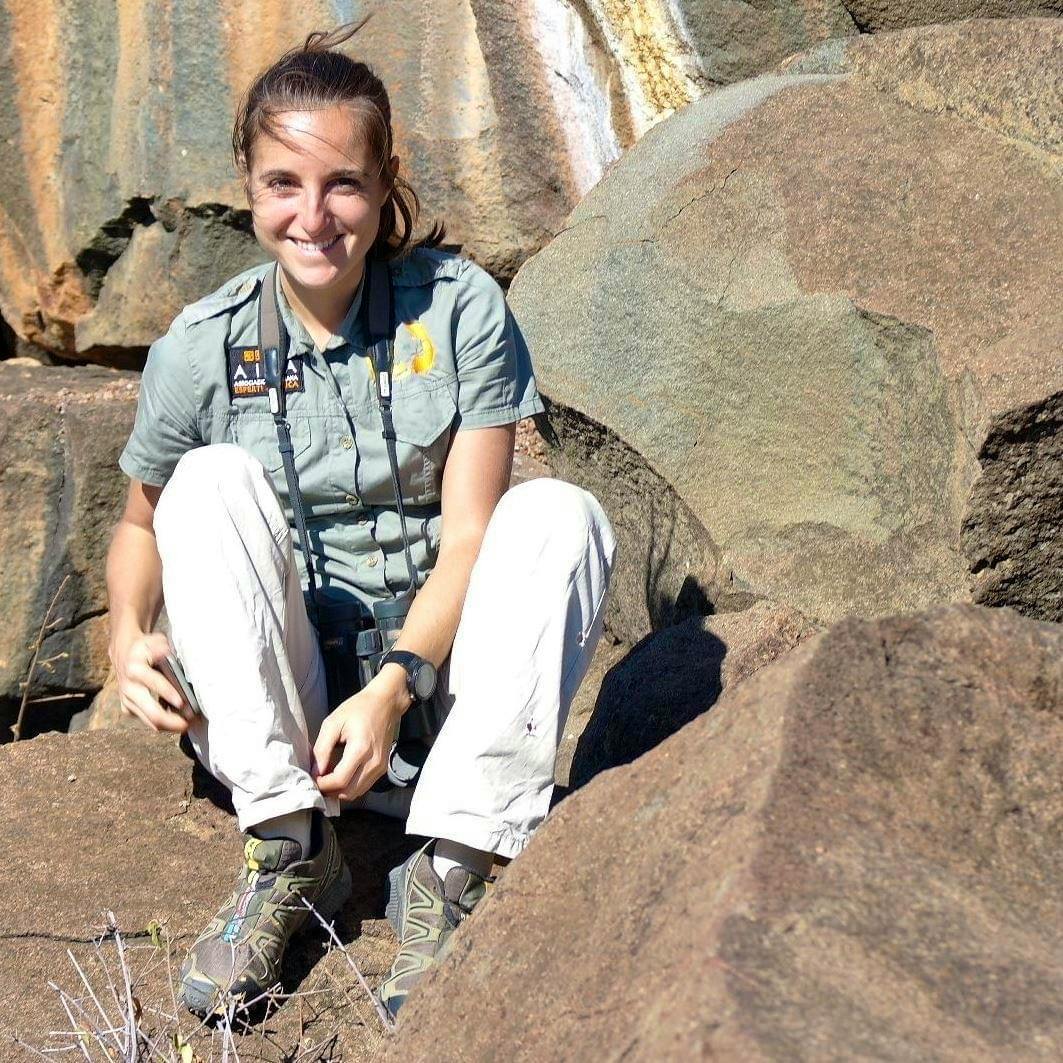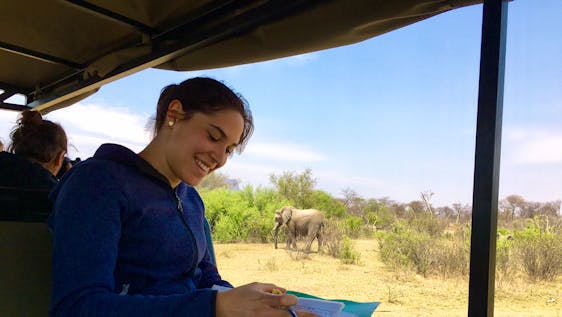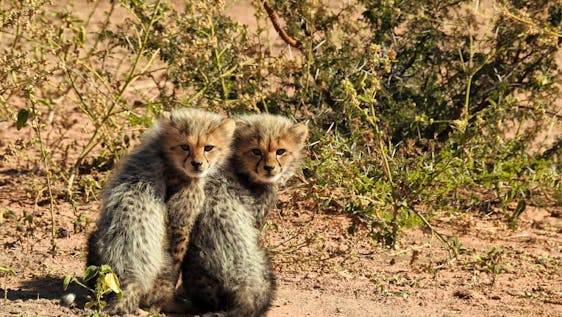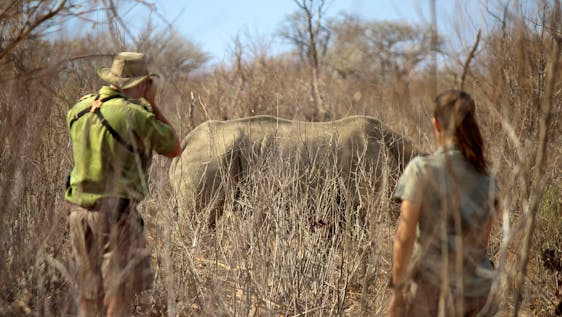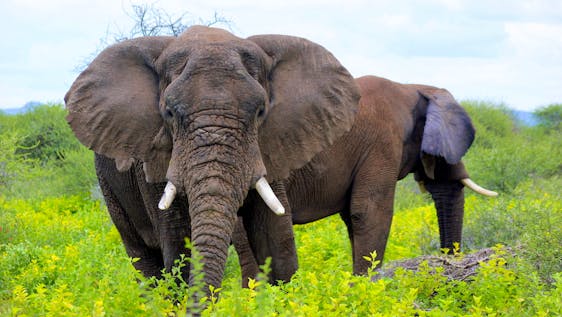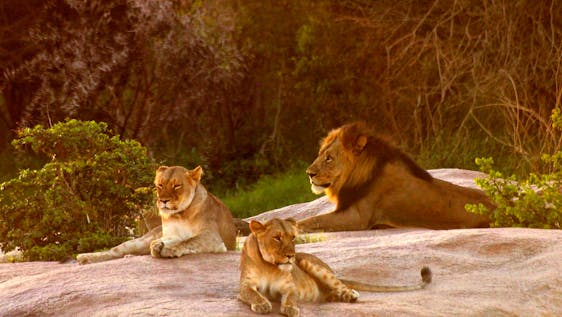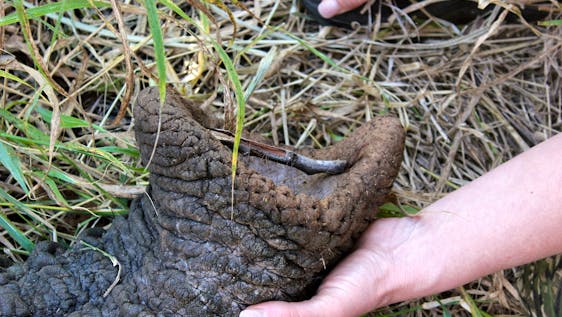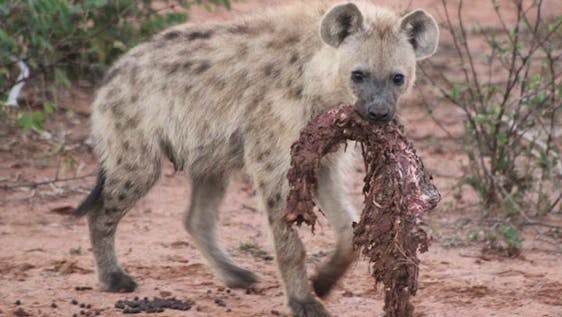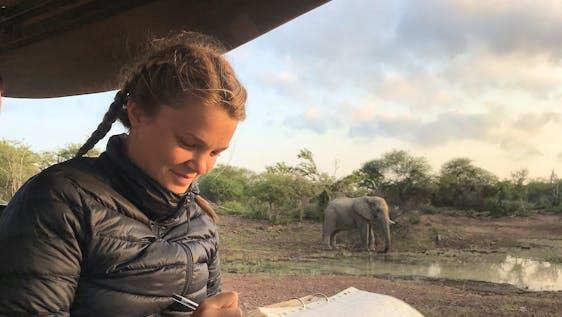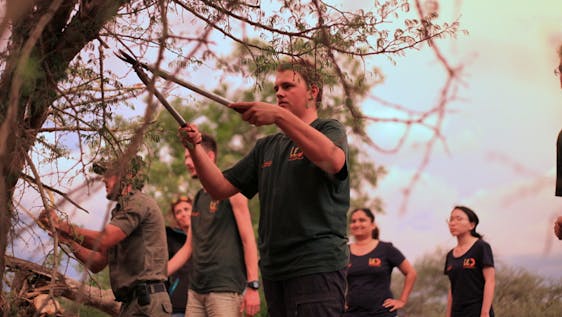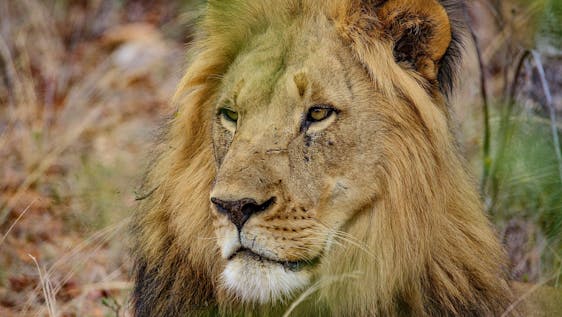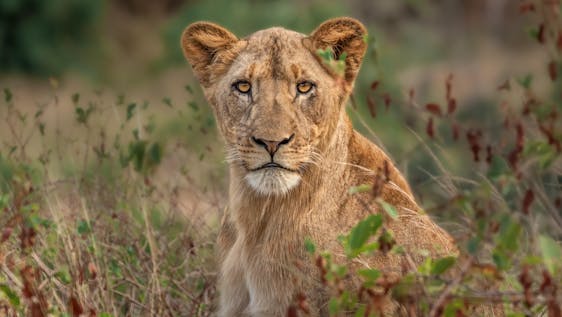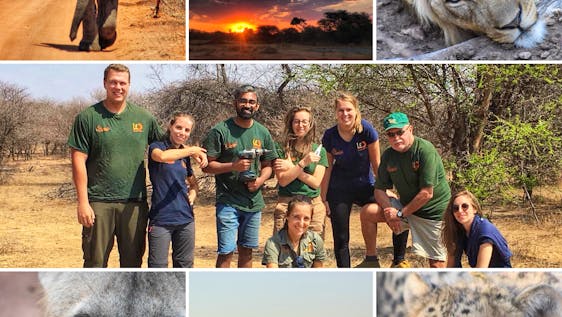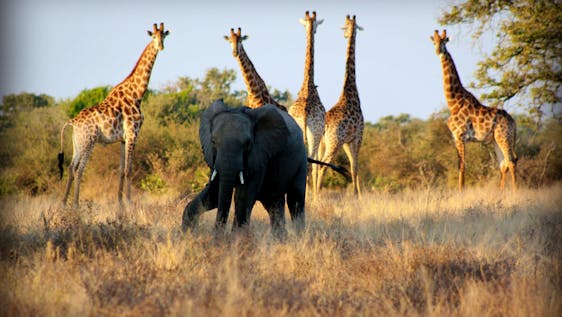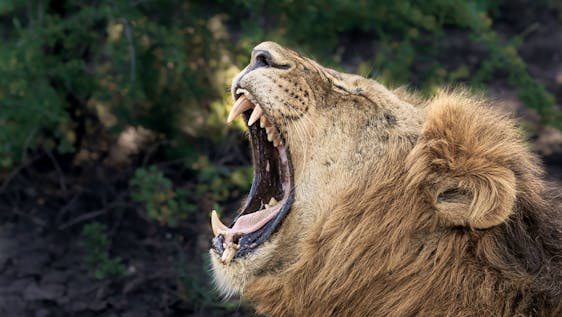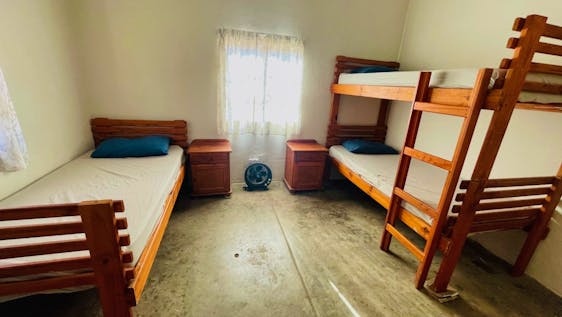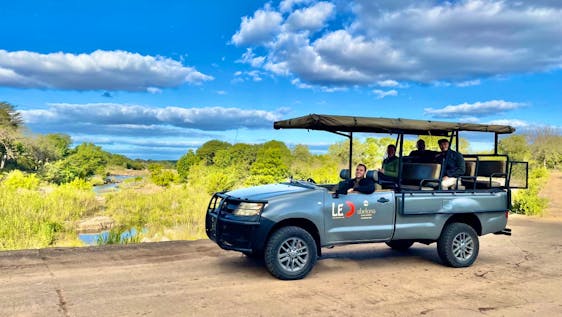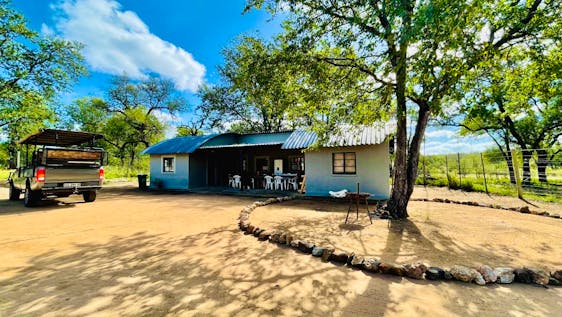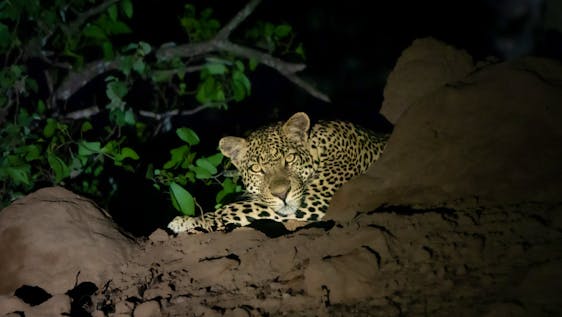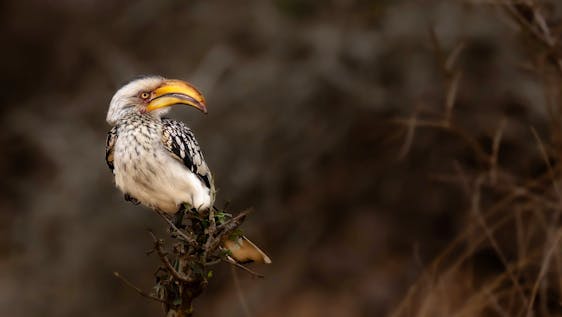Limpopo Eco Operations (LEO) Africa, is based in the Limpopo Province of South Africa.
LEO Africa project began in 2005, to assist the reserve in monitoring the lions that were re-introduced. With the years, the project expanded its range of operations, and currently, we are responsible for the monitoring of the key species (Big 5, cheetahs, hyenas) and a great part of conservation work for the reserve where we operate. Alongside with this, we are very active in sustainable living and green energy. We educate our volunteers and people on the importance of putting the environment first, as without a healthy environment, wildlife (and humans) would not thrive.
Leo Africa's rangers and conservationists have years of field experience; we are very dedicated and passionate about real conservation and we strive to make a difference and educate people so that also the future generations can admire the beauties of nature and live on a healthy planet. The work we do links ecology with the practical aspects of running of a nature reserve, providing a rewarding and educational wildlife volunteer experience. Further, Leo Africa's conservation efforts are not only based on animals, but also on their environment, promoting and using green energy and material recycling.
LEO Africa offers a free service to the reserve in which we operate, and the solely way of funding our project is through the volunteers contribution. Without volunteers, we would not be able to do our work and the park would not have a dedicated team to monitor wildlife and assist with valuable conservation work.
Volunteer Program
LEO Africa conservation volunteer program provide vital monitoring services for this reserve. The information is obtained through an intensive predator and wildlife monitoring program, which offers you, the volunteer, an opportunity to learn about and contribute to conservation in one of the most diverse wildlife reserves in South Africa.The data collected on the field and through camera traps is processed by our staff members to compile monthly reports for the park managers. The information gained is used to be able to evaluate the impact of the animals and to maintain balanced, stable, and sustainable ecosystems.
Reserve management in South Africa is a complex and evolving subject. It involves everything from ecology to road maintenance, from species reintroduction to alien plant removal. One of LEO's goals is to expose volunteers to the complicated subject of conservation in the 21st century.
The aim of the LEO Africa research project is to provide park wardens and ecologists with detailed information about wildlife within the reserve as well as contributing with some active conservation work to keep a balanced eco-system.
LEO Africa's volunteer wildlife monitoring and conservation programme records and monitors the movements, behaviour, numbers, kills, and interactions of the Big 5 and hyenas. This research will play a vital role in the management of park section and possibly the data analysed could be used to compare these eco-systems with other conservation areas throughout South Africa.
